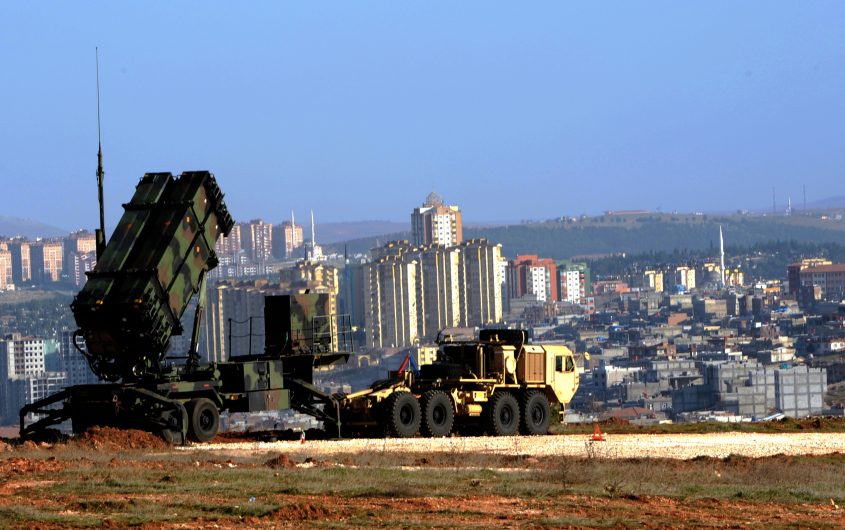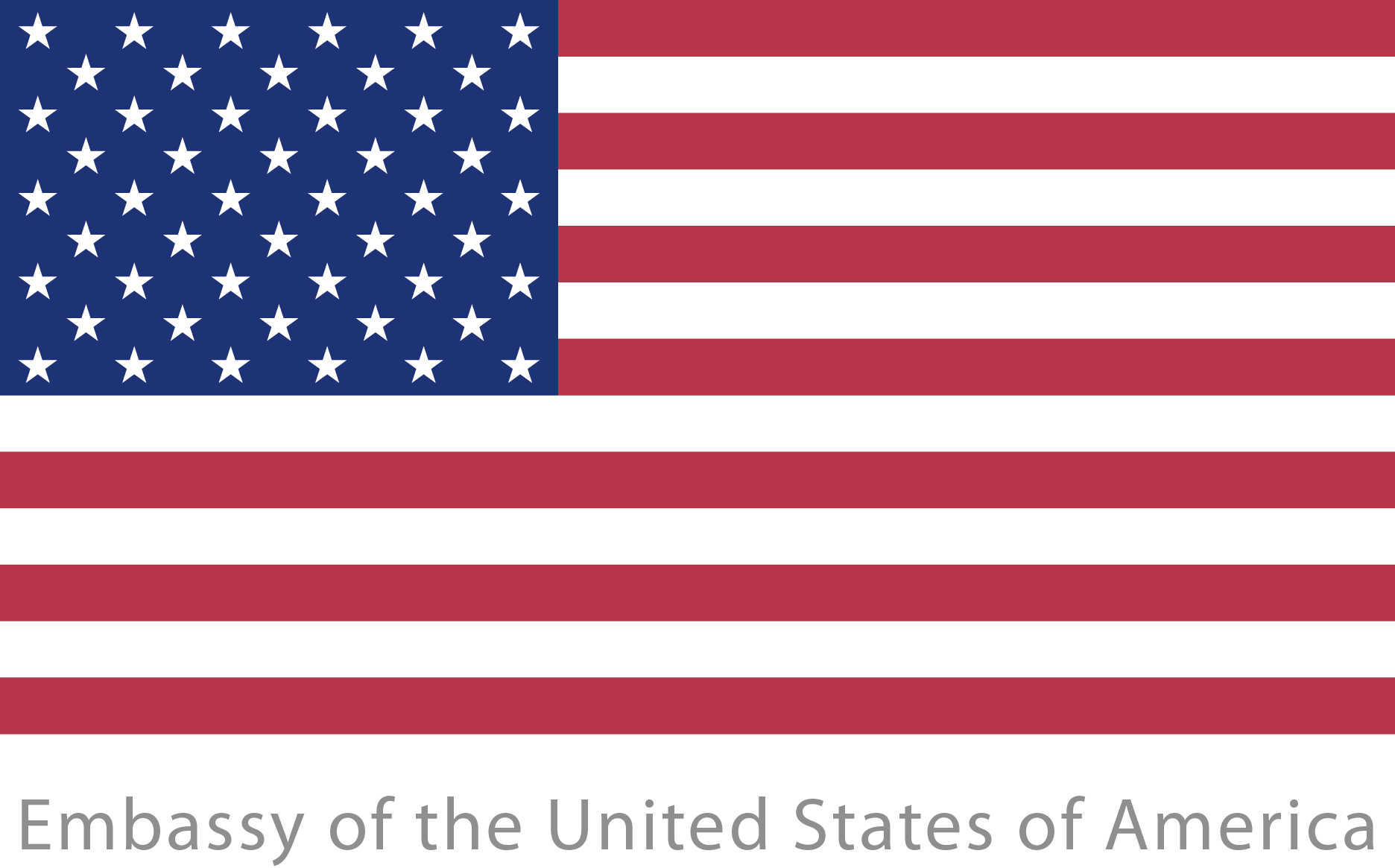
U.S. Air Force photo by Senior Airman Daniel Phelps/Released
Germany’s Missile Defense Plans: European Ambition and the Russian Missile Threat
Panelists:
Dr. Jeffrey Lewis, Middlebury Institute of International Studies at Monterey
Dr. Frank Sauer, University of the Bundeswehr Munich
Ms. Lydia Wachs, Stockholm University
Moderated by:
Mr. Jeff Rathke, AGI President
The Russian invasion of Ukraine has sparked a revolution in German security and defense policy and rekindled German ambitions to play a leading role in European defense, with dramatic increases in investment to recapitalize the Bundeswehr. One crucial aspect of the new German approach is air and missile defense, the importance of which is demonstrated by the intensity of Russian attacks on Ukraine, as well as the effectiveness of Western air defense systems that Ukraine is using to combat this threat. Germany’s intention to spend more than €5 billion from its special defense fund (the €100 billion “Sondervermögen” approved by the Bundestag in 2022) is an indicator of the importance Berlin accords to missile defense. Germany has also taken on a leadership role more broadly in Europe, launching the European Sky Shield initiative, with at least 17 European countries signing letters of intent under the initiative.
Germany’s national plans for missile defense include several layered systems, such as the medium-range German IRIS-T system and the long-range U.S. PATRIOT system. In addition, Germany intends to procure the Israeli-U.S. Arrow 3 exoatmospheric missile defense system at a cost of roughly €4 billion. Berlin’s plans have prompted questions about the threat the layered missile defense system is meant to counter, the degree to which it will be integrated into NATO’s Integrated Air and Missile Defense system, European Union objectives, and the value proposition of defensive versus offensive capabilities.
Dr. Jeffrey Lewis holds a dual appointment as a professor at the Middlebury Institute of International Studies and the director of the East Asia Nonproliferation Program at the James Martin Center for Nonproliferation Studies. He is the author of three books, including a novel, The 2020 Commission. He has a PhD in policy studies from University of Maryland, College Park. He is a regular columnist for Foreign Policy and has published articles in Foreign Affairs, the Washington Post, and the New York Times.
Dr. Frank Sauer is the head of research at the Metis Institute for Strategy and Foresight and a senior research fellow at the Bundeswehr University in Munich. He has a PhD from Goethe University in Frankfurt and is an expert in the field of international politics with a focus on security. The main foci of his research are nuclear issues and emerging technologies, especially the military application of artificial intelligence and robotics.
Ms. Lydia Wachs is a PhD candidate in International Relations at Stockholm University. Her PhD research focuses on the Soviet Union’s/Russia’s role in the global nuclear order, in particular its nuclear nonproliferation policy. Lydia has worked as a Research Associate at the German Institute for International and Security Affairs (SWP), focusing on nuclear issues, mainly Russian nuclear strategy. Lydia has also previously worked as a Research Assistant in the Proliferation and Nuclear Policy Programme at the Royal United Services Institute (RUSI) in London. She holds an MA in Arms Control and International Security from King’s College London.
Please contact Mr. Jack Fornasiero at jfornasiero@aicgs.org with any questions.
This webinar is supported by the United States diplomatic mission in Germany.







